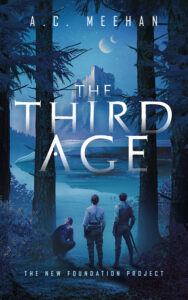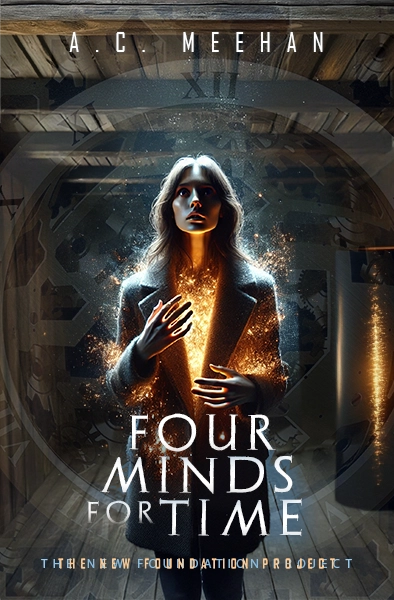So Many Books
A couple of weeks ago, I had a book-laden Saturday with an out-of-town friend. It started with a quick trip to my local library to see if they had The Remains of the Day on DVD. They did, so I left with that—and a novel that caught my eye. We went to another town for lunch, and visited an independent bookstore that I’ve fallen in love with. I left there with three new non-fiction books that I couldn’t resist, and a long list of others added to my notes. In that same town, there is a truly breathtaking library, the kind that means it’s a town full of taxpayers who read a lot. I signed up for a card, and checked out three more novels. So that half-day excursion added seven books to the stack on my nightstand.
It’s not like I need to bring any books into the house, for Pete’s sake. I have a lifetime supply of to-be-reads on my shelves. Including the ones I bought in November and haven’t read yet…
Oh, but books. Books. Did you know that there are three or four million books published every year in the U.S.? About a quarter of those are “traditionally published” and the rest are indies like mine. (The reader in me is beyond thrilled; the author is humbled and a little daunted.) How many books does a person read in a lifetime? No matter how much I read, which isn’t as much as I’d like anyway, I’ll miss out on millions of wonderful books.
An awful lot of those four million books, statistically, will only be read by a few people. Some of them may be mediocre or worse, but many of them are excellent. Good marketing has more to do with a book’s success than good writing. Word of mouth is the best thing that can happen to a book—every person who asks someone, “Have you read this book?” is worth a zillion Amazon ads. If you enjoyed a book, tell someone!
What Makes a Book Important?
I am often put off by a book conversation that includes the statement, “It’s a hard read, but it’s an Important Book.” This gets under my skin when what people really mean is that the book is about a controversial topic, or is unsettling, shocking, or sobering to read. “Importance” seems to be the catchword for “made me think,” and I’m grumpy about the fact that so many people seem to think that only this kind of book can be thought-provoking. I hope these people don’t really have to be unsettled/shocked/sobered into thinking. Thinking doesn’t have to hurt.
Four million books. Most of them are not Important Books, no matter how excellent they are. And yet people want to write them and people want to read them. Every book is important to someone.
Any book can contain wisdom or food for thought. The reader’s frame of mind has a lot to do with that. Years ago I read a chick-lit novel that was in every way forgettable, except that the heroine gave herself an insightful pep talk before a social event (while looking in the mirror, of course) that stuck with me. Earlier this year, I read a historical-fantasy novel with a few nuggets about the human condition that resonated with me as quite profound. At the moment, I’m in the middle of one of my library books, a full-bore historical novel (by the late Sharon Kay Penman, one of my favorite authors!) that is educational and moving as well as fictional and entertaining.
This is why I am content to write books that won’t change the world. If my story, or the way I tell it, gives a reader something to think about—that’s wonderful. And honestly, if it only gives a reader a way to not think about something, that’s also wonderful. We all need ways to retreat sometimes.
I doubt any of my three examples would be introduced to a book club as an Important Book. But all three have given me something to take away, something unexpected that I value—and that’s important. Something from that author’s mind reached mine, and added a thought or created a memory that wasn’t there before. Isn’t that why we read?




